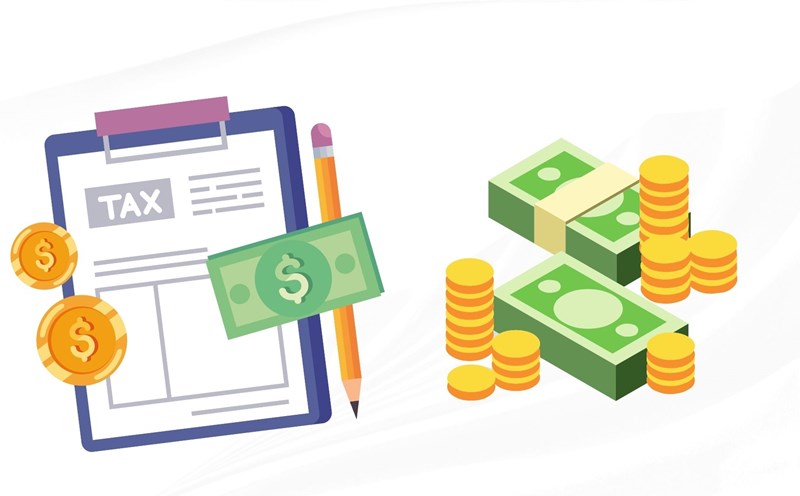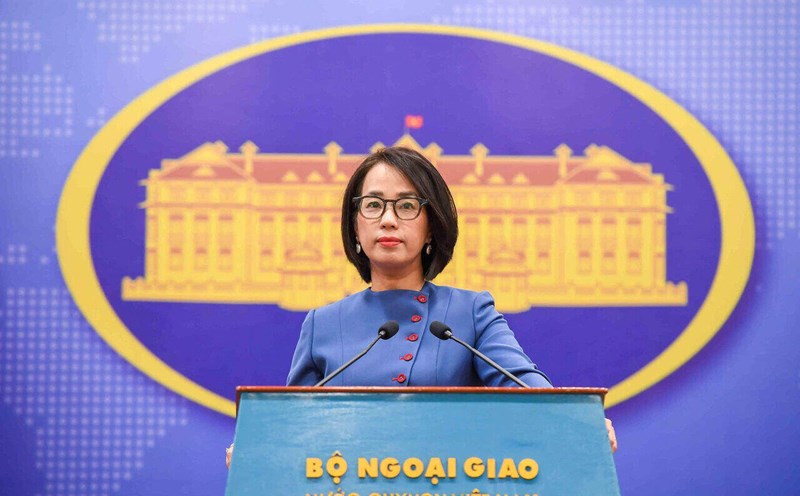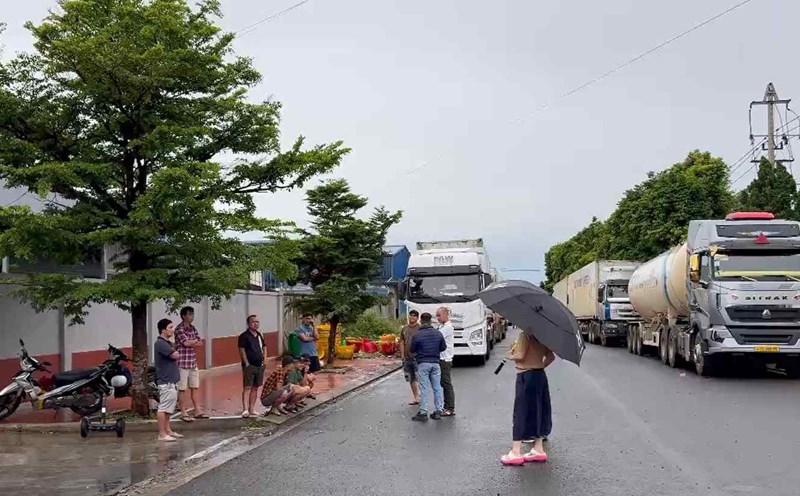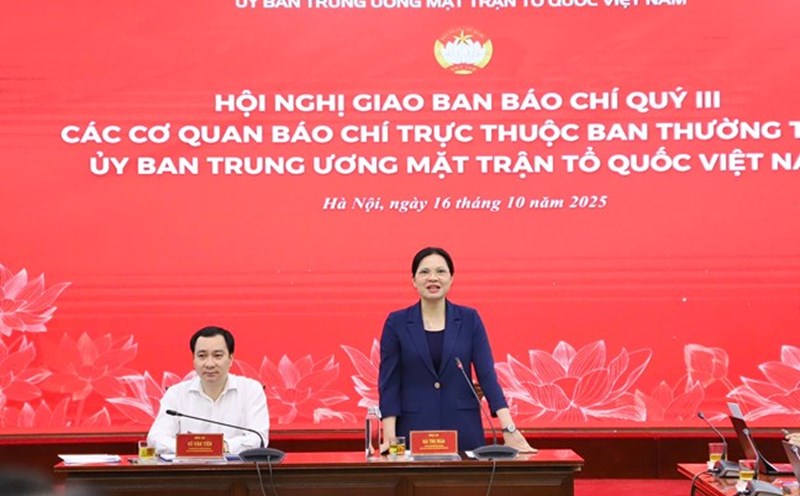S step forward and a listening culture
At the seminar "Improving tax and customs policies, promoting business development" organized by the Economic - Financial Magazine on the morning of October 16, as a companion of the Finance sector for many years, Mr. Dau Anh Tuan, Deputy General Secretary, Head of the Legal Department of the Vietnam Federation of Commerce and Industry (VCCI), shared frankly and remarkably.
Mr. Tuan emphasized that no industry has a big and comprehensive impact on businesses like Tax and Customs. If reforms in other fields can only affect a small group, then reforms in these two sectors affect all businesses and people.
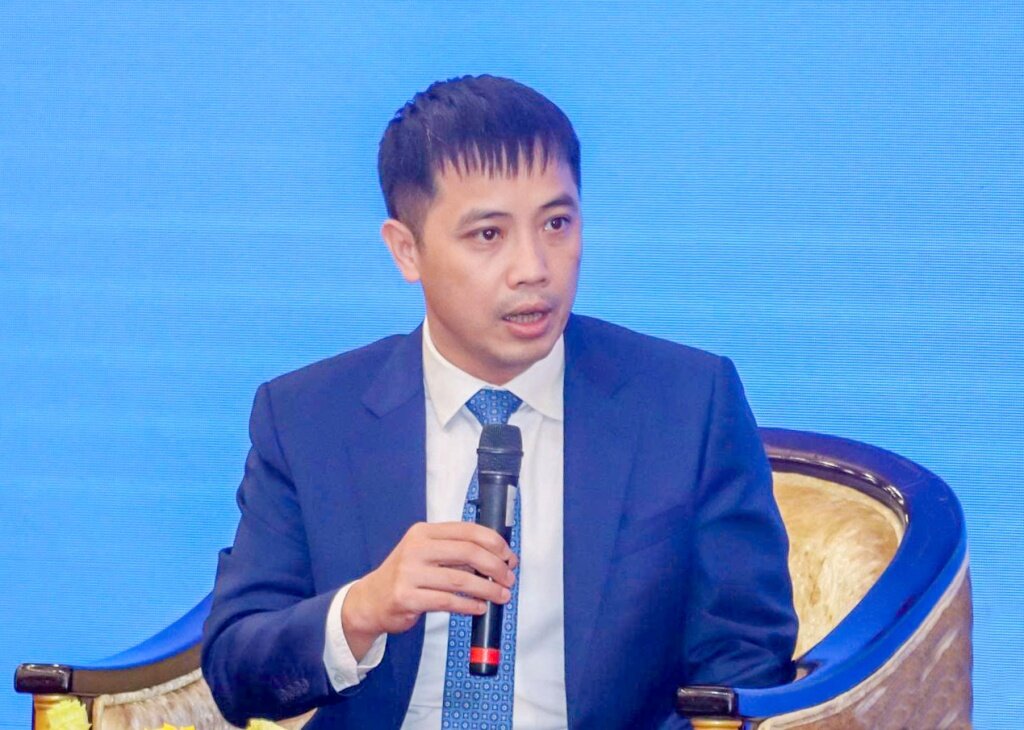
According to him, today's impressive digital transformation results are the result of a long journey, originating many years ago with many difficulties. He recalled the early stages of the Customs sector implementing the VNACCS/VCIS System or when the Tax sector started to apply online tax declaration and electronic invoices, it was not easy.
That perseverance and proactiveness have created systematic changes, said Mr. Tuan. He shared his story when working with foreign corporations, they were very impressed with Vietnam's extensive implementation of electronic invoices, something that not many countries can do.
In addition, the VCCI representative was particularly impressed with the "culture of listening and dialogue" of the Finance sector. He said that from the development of major policies such as amending the Law on Tax Administration, to specific problems, the Ministry of Finance, the General Department of Taxation, and the General Department of Customs are always ready to sit with businesses. The annual dialogue forum between businesses and the Tax and Customs sectors jointly organized by VCCI and the Ministry of Finance has been around for nearly 20 years, a clear demonstration of this culture.
Substantial cut, strongly switch to post-inspection
On the management side, Mr. Tran Duc Hung, Deputy Director of the Department of Customs Supervision and Management (General Department of Customs), said that the industry has been resolutely reviewing and simplifying administrative procedures (TTHC) to support import-export enterprises.
In 2025 alone, the Customs sector has reviewed all 214 administrative procedures, thereby proposing and approving a plan to cut and simplify 39 administrative procedures and abolish 15 unnecessary business conditions.
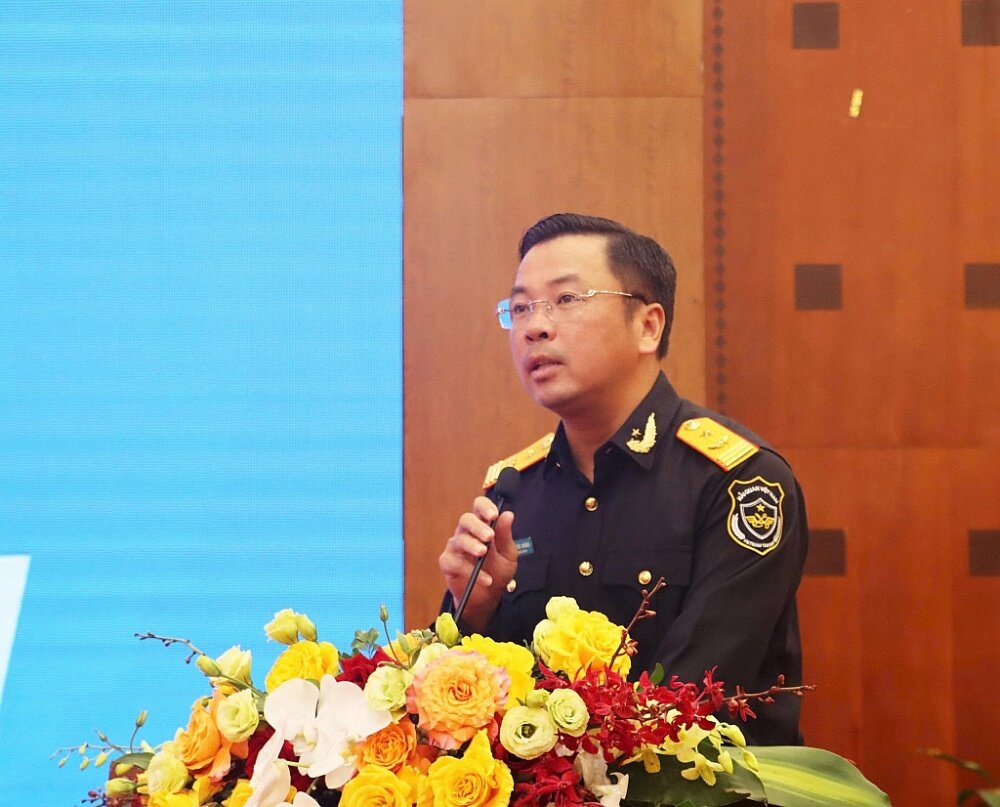
The industry is also strongly transforming management methods towards modernity, applying risk management, post-clearance inspection, and recognizing priority enterprises. The strategic goal by 2030 is to "reduc pre-inspection, increase post-inspection", strive to reduce the Red flow rate (in-fact inspection of goods) to below 5%, Green flow (free inspection) to 70%.
"We are accelerating the implementation of Digital Customs and Smart Customs. Most of the business process will be processed automatically, helping to reduce costs and time for both Customs agencies and businesses, Mr. Hung emphasized.
New tax policy focuses on supporting businesses and digital transformation
Providing detailed information on support policies from the Tax sector, Mr. Dang Ngoc Minh, Deputy Director General of the General Department of Taxation, said that a series of new policies have been issued to remove difficulties for businesses.
Notably, the 2025 Corporate Income Tax Law has applied a flexible tax rate, reducing it to 15% for enterprises with revenue under VND3 billion/year and 17% for enterprises with revenue from VND3-50 billion. Small and newly established enterprises are exempt from corporate income tax for the first 3 years.
The Tax sector is also determined to implement digital transformation. To date, 99.38% of operating enterprises have participated in electronic tax declaration. The electronic information portal for foreign suppliers has recorded 176 units registering, declaring and paying taxes. At the same time, connecting data from 471 e-commerce platforms is helping to manage taxes more effectively in this field.
An important reform is the elimination of the method of calculating contract tax for business households from January 1, 2026, moving to the declaration method. This is a fundamental step to create transparency and equality.
With tireless efforts, the Tax and Customs sectors are gradually realizing the goal of building a transparent and efficient public finance, with people and businesses as the center of service, contributing significantly to the sustainable development of the economy.



